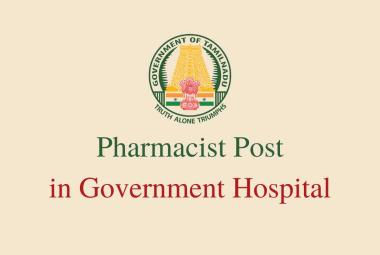 About Authors:
About Authors:
Vijaya Kumar.Voleti*1, Vaishnavi.V2, V.Gunasekharan1, M.S.Riyazullah1, K.Vivekanandan1
1Department of pharmaceutics, Rao’s College of Pharmacy, Nellore, Andhra Pradesh, India,
2Department of pharmaceutics, Sankar Reddy Institute of Pharmaceutical Sciences, Andhra Pradesh, India
*vijay66vvk@gmail.com
ABSTRACT:
Colon specific drug delivery has gained a more importance for the delivery at colonic region by use of various drugs to treat the both local and systemic diseases. Local diseases include Chron’s disease, ulcerative colitis, and colorectal cancer. Other serious disorders like nocturnal asthma, Hyper tension , arthritis and angina can also be cured by these techniques. Colonic delivery is a good candidature for delivery of proteins peptides and vaccines where the enzymatic degradation and the hydrolysis of proteins can be minimized and increases the systemic bioavailability. A drug should be protected from the absorption and the upper GI environment to achieve the successful colonic drug delivery. The colon specific delivery of drugs to the target receptor sites has the advantage to reduce the side effects and improves the therapeutic response. Colon specific drug delivery are being developed by taking advantage of the luminal PH conditions and the presence of microbial enzymes such as azoreductase, pectinase, dextranase…etc. This review mainly reveals on the various concepts and approaches include Prodrug, PH and time dependent systems and microbially triggered systems used in the development of colon specific drug delivery. This also focuses on the novel approaches namely Pressure controlled colonic delivery, osmotic controlled drug delivery and CODESTM. Invitro and in vivo evaluation parameters has been discussed here.



 About Authors:
About Authors: About Authors:
About Authors: About Authors:
About Authors: 







